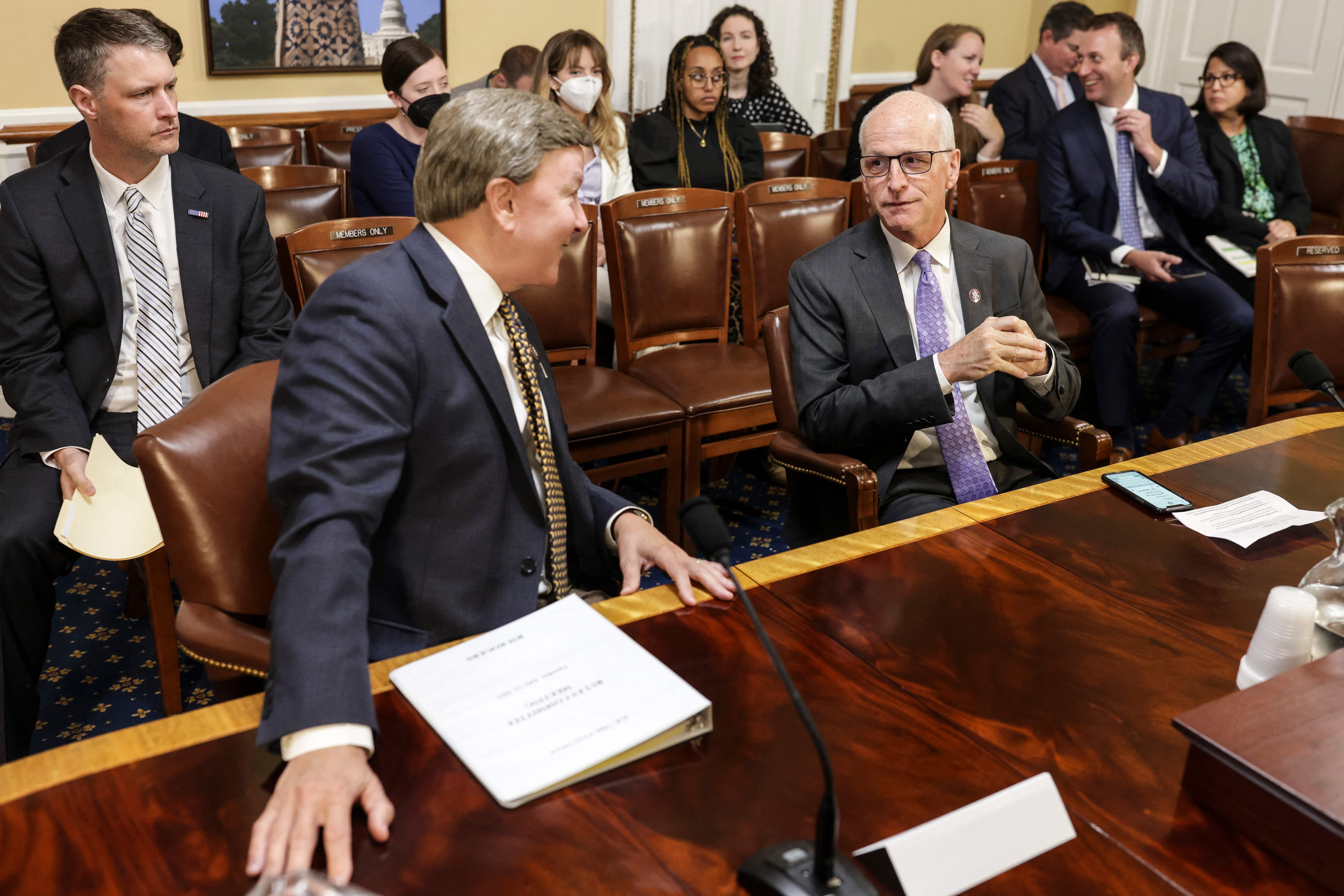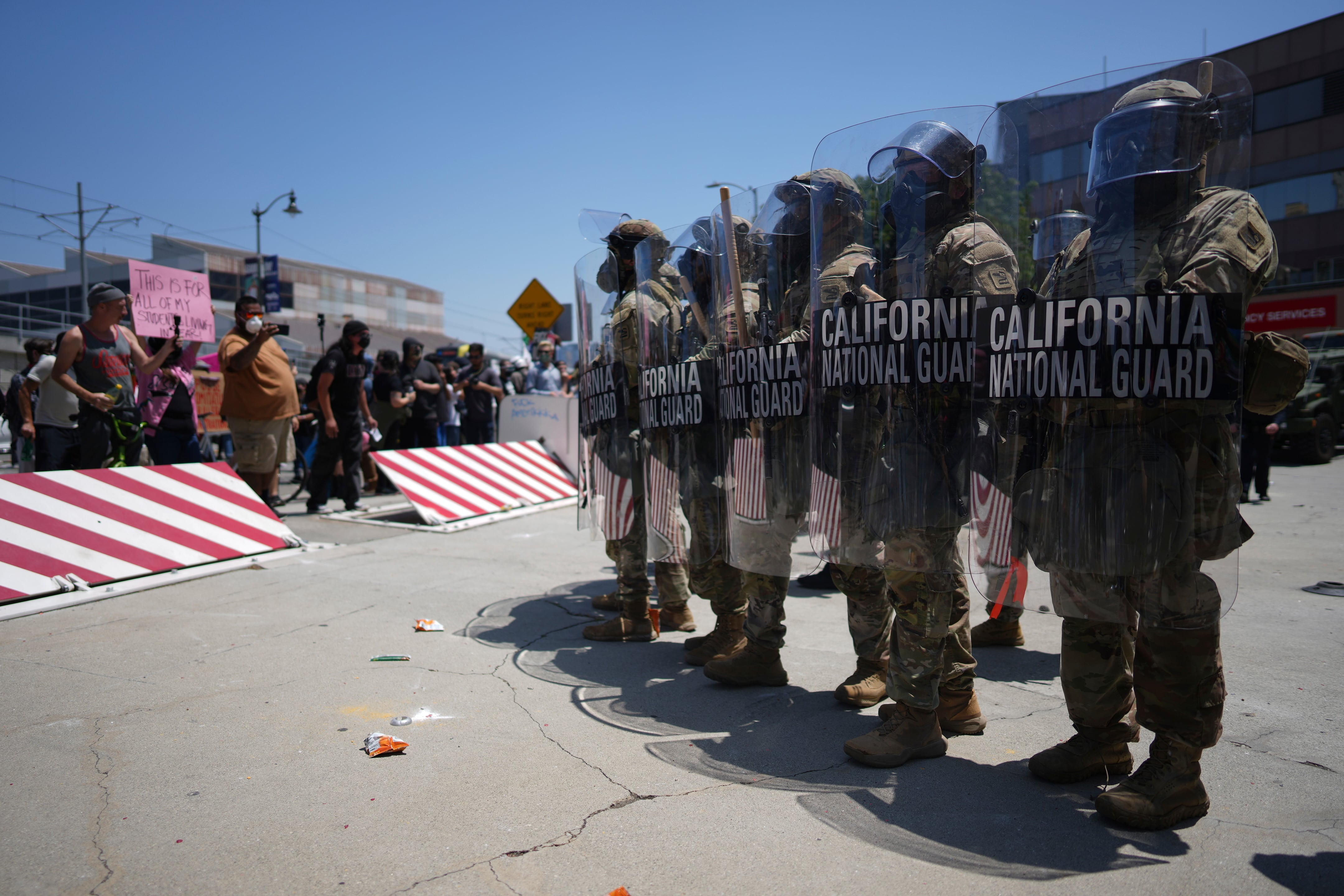My team fought to beat back an invisible enemy, wearying under the constant psychological strain. Those of us on the front lines often lacked the information and resources we needed to win, sometimes even relying on friends and family to mail us protective equipment and supplies. Politicians and leaders often muddled the mission, making our jobs more difficult. Perhaps most galling, Americans were out at the mall—as if there wasn’t a war going on.
I’m talking not about our battle with the coronavirus, but about the wars in Iraq and Afghanistan. Three million men and women served in the Global War on Terror. They were trained in critical skills and gained unique experience in environments not dissimilar to the one we currently face. They are brave, mission oriented, and, more than likely, willing. What if America turned to these veterans now, and in the future, to lead us through moments like this?
In the coming weeks, patients critically in need of care will flood hospitals across the United States and threaten to overwhelm our healthcare system. Doctors may be forced to make the most difficult decisions of their careers – who will live and who will die? Meanwhile, our streets are empty, and our economy has ground to a halt. Misinformation abounds. What we do next will impact the trajectory of our nation for decades.
This is a “whole of America” crisis and it begs the question: how can America best rise to the challenge? One part of the answer may be living among us.
At a tactical level, we could mobilize veterans with specific skill sets to assist their civilian counterparts. Think about all the combat medics that stitched up wounds under fire, and the value they could add assisting an emergency room nurse today. As governments move to federalize medical licenses, they should go one step further and provide temporary competency- based credentialing for veterans that once served in a medical capacity. Or the Nuclear, Biological, and Chemical specialists who know how to safely operate decontamination sites. HHS and other agencies should enlist them to assist with testing centers, support mobile healthcare teams, and augment local mass care facilities. How about the combat engineers that built forward operating bases overnight in a minefield—might we engage them to build field expedient hospitals in Westchester County?
At a strategic level, we could engage any of the officers and noncommissioned officers who know how to plan missions, execute complex logistics, and lead through chaos to advise local emergency operations centers that will soon be overwhelmed. They would be invaluable.
Our taxpayers have invested hundreds of billions of dollars to train these individuals as the world’s most nimble and effective problem solvers. Yet in this moment of need we are keeping them on the sidelines. Just as our hospital administrators are digging through basement storage units looking for suitable equipment that can be placed back into service, we should issue a call to action in our communities for veterans to step back onto the front lines and join the fight in the face of this danger.
Team Rubicon, a nonprofit that mobilizes military veterans to serve communities after disasters and humanitarian crises, has pivoted its tens of thousands of volunteers into this fight already. We are establishing a federal medical station in Santa Clara, California and supporting Coronavirus testing sites at Atrium Health, one of the nation’s largest non-profit health systems. In dozens of cities throughout the US, we’re sending operational planners and logisticians into food banks to support the critical delivery of food to vulnerable citizens. Over a hundred federal, state and local agencies have directly requested Team Rubicon’s assistance, though thousands of other agencies remain in a lurch nationwide.
The situation is clear: we cannot respond to COVID-19 using the constructs and frameworks of past disasters. We must rethink the tools and resources at our disposal. We must ask our veterans to lace up their boots one more time and join the fight.
Jake Wood is the cofounder and CEO of Team Rubicon and Marine Corps veteran. Dr. David Callaway is the Chief Medical Officer at Team Rubicon and the Chief of Disaster Medicine at Atrium Health. He is a Navy veteran.










